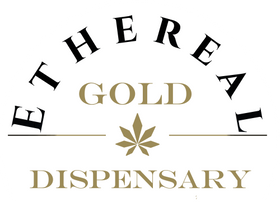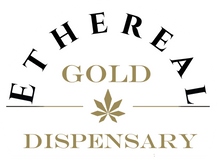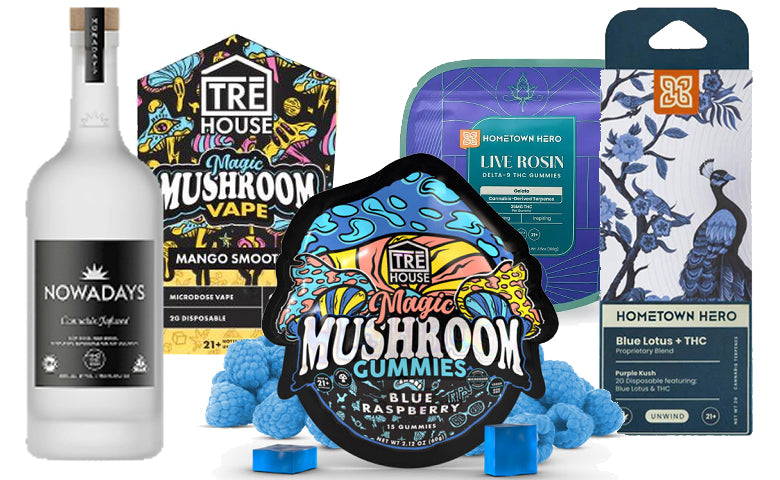As cannabis and THC products become more accessible, many health-conscious consumers ask important questions about their physiological effects. A common query we hear is: "Does THC raise blood pressure?". The relationship between THC (Delta-9-tetrahydrocannabinol) and blood pressure isn't a simple yes or no. It’s a complex interaction influenced by various factors. Let’s explore what current understanding suggests as of April 2025.
THC and Your Cardiovascular System: The Basics
THC primarily interacts with your body's endocannabinoid system (ECS). The ECS plays a role in regulating many functions, including cardiovascular activity like heart rate and blood pressure. When THC binds to cannabinoid receptors (CB1 and CB2), it can influence these functions, but the effects aren't always straightforward.
Acute Effects: Does THC Raise Your Blood Pressure Initially?
Research indicates that shortly after consuming THC, particularly through inhalation (smoking or vaping) or with higher doses, some individuals may experience a temporary increase in both heart rate and blood pressure. This effect is often more pronounced in infrequent users or those new to THC. The answer to "does THC raise your blood pressure?" can be yes — but typically only initially and temporarily for many users. It's also noted that tolerance often develops, meaning regular users may experience less of this acute spike over time.
Potential for Lower Blood Pressure and Dizziness
Paradoxically, following the potential initial rise (or sometimes without it), THC can also lead to a decrease in blood pressure. One notable effect can be orthostatic hypotension — a drop in blood pressure upon standing up quickly, which can cause dizziness, lightheadedness, or even fainting in susceptible individuals. This effect can also vary significantly between people.
What About Edibles? Does THC Gummies Raise Blood Pressure?
This brings us to edibles, such as gummies. How do they fit in? When you consume THC via edibles, it's processed through your digestive system and liver, leading to a much slower onset of effects compared to inhalation. This slower absorption might mean the initial, sharp spike in blood pressure sometimes seen with smoking is less pronounced or occurs more gradually. However, the potential for THC to influence blood pressure (both increasing it temporarily and potentially lowering it later) still exists with edibles. The overall impact heavily depends on the dosage consumed and individual physiological factors. So, regarding the question "does thc gummies raise blood pressure?", the potential exists, but the pattern and intensity might differ from inhaled THC.
Factors Influencing THC's Effect on Blood Pressure
The way THC affects your blood pressure is highly individual and depends on:
- Dosage: Higher doses of THC are more likely to cause significant cardiovascular effects.
- Consumption Method: Inhalation generally leads to faster, more abrupt changes than edibles.
- User Tolerance: Frequent users often show less dramatic acute changes in heart rate and blood pressure.
- Individual Health: Crucially, people with pre-existing heart conditions or high blood pressure should be extremely cautious. Underlying health status plays a major role.
- Other Cannabinoids: The presence of other compounds like CBD might influence THC's effects, though research is ongoing.
Long-Term Effects and Considerations
The long-term effects of regular cannabis use on blood pressure and overall cardiovascular health are still being studied extensively. Results are complex, sometimes conflicting, and often confounded by factors like tobacco use. Due to the potential for both acute increases and decreases in blood pressure, it is essential for anyone with cardiovascular concerns or conditions to consult their doctor before using any THC products.
Knowledge is Power: Importance of Dosing and Testing
Understanding the complex effects of THC underscores the importance of knowing exactly how much you are consuming. Precise dosing allows for better management of potential side effects and a more predictable experience. This is extremely difficult with homemade products but is a key benefit of purchasing from reputable sources. At Ethereal Gold Dispensary, we believe in empowering consumers with information and reliable products, helping you ensure accurate dosage with verified lab testing.
Conclusion: Navigate THC and Blood Pressure Wisely
So, does thc raise blood pressure? Sometimes — temporarily — yes. Can it lower it? Also yes. The effects are often biphasic (up then down) and depend heavily on the dose, how you consume it, your tolerance, and your individual health. Given this complexity, the golden rules are to start with a very low dose, understand how different consumption methods affect onset and intensity, and always consult your healthcare provider if you have any pre-existing health conditions or concerns — especially related to your heart or blood pressure. You can also learn more about cannabis science and safety through reliable educational resources.
FAQ
So, does THC raise or lower BP?
It can do both. Often, there's a temporary increase shortly after use, potentially followed by a decrease or orthostatic hypotension (dizziness upon standing). Effects vary greatly.
Are THC gummies safer for blood pressure than smoking?
Gummies may cause a less abrupt initial change due to slower absorption. However, THC from edibles still affects the cardiovascular system. Consult your doctor for personalized advice.
Does CBD affect blood pressure?
Some research suggests CBD may help lower blood pressure. Its interaction with THC's effects is complex and still under investigation.
Can I use THC if I have high blood pressure?
This is a question only your doctor can answer safely based on your specific health condition and medications. It is generally advised to be very cautious.
How does Ethereal Gold ensure correct dosage?
Ethereal Gold Dispensary requires rigorous, third-party full-panel lab testing for all products to verify the cannabinoid content (including Delta-9 THC mg) matches the label.







